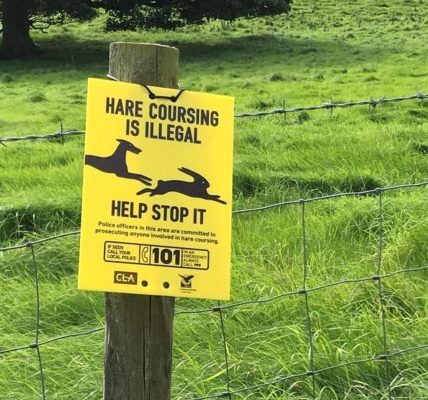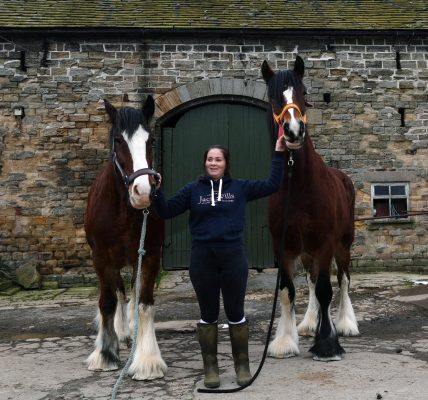We're dismayed at post-Brexit barriers to agriculture and food, say members of Lords EU Environment sub-committee
We're dismayed at post-Brexit barriers to agriculture and food, say members of Lords EU Environment sub-committee
British businesses face “outright export bans” on some goods and “structural” barriers to trade with Europe including more paperwork and higher transport costs as a result of last year’s Brexit deal with Brussels, a new report says.
The House of Lords EU Environment sub-committee said the EU-UK Trade and Cooperation Agreement reached on Christmas Eve had achieved the main goal of agricultural and food industry leaders by giving them tariff-free access to the continent’s markets.
But businesses operating in these areas have instead found themselves facing new structural trade barriers such as “extra paperwork, increased haulage costs, and outright export bans on some products”.
Read More
Brexit offers trade opportunities in far flung countries
Some exports such as seed potatoes “have come to a complete halt” following the end of the Brexit transition period, the sub-committee says in its final report – ‘Future UK-EU relations: energy, environment and health’.
And trade in food and agricultural produce between Great Britain and the European Union will suffer more if policy differences lead to tariffs and more checks, peers say.
On fishing, their report says the tariff-free trading arrangements are also positive but that fishers “face substantial barriers to exporting their produce to the EU”.
It adds: “Many of those barriers will be long-term, despite the Government’s description of them as ‘teething problems’.”
Peers have called on both sides to “thoroughly assess” potential trade barriers as regulations and support for producers and growers are developed.
Systems should be fully electronic, streamlined and integrated quickly to make it easier for businesses to submit documentation, they say.
Last month, concerns were mounting that many businesses in US will abandon international trade in the face of increased bureaucracy and administration caused by the UK’s divorce from the European Union.
Many firms in the region are being plagued by problems with supplies and some are considering moving operations to the Continent.
Lord Teverson, sub-committee chair, said: “We’re dismayed that our agri-food sector is facing such high trade frictions.
“The increases in paperwork and preparation required for food and agricultural exports to the EU are presenting very difficult challenges, particularly for small businesses.
“Higher haulage rates and issues with groupage and parcel deliveries are putting further pressure on food and agricultural produce exporters.
“Despite the improvements we hope to see, there are now new barriers to UK-EU relations and new administrative costs and burdens will be structural and long-term.
“We are a ’third country’ now as far as the EU is concerned. The UK and EU have largely achieved their objectives and now have to accept the consequences – both the good and the inconvenient.”
One of the primary frustrations being felt across the region’s business community is the sudden arrival of new rules and restrictions which, until the end of last year, simply did not exist.
For years, a commercial plant nursery firm, Johnsons of Whixley, in North US, sold as much as £500,000 of plants annually to customers in Northern Ireland.
However from January 1 this year, the company, which is based in the village of Kirk Hammerton, near York, can longer do so.
Unionists and loyalists are demanding the removal of the protocol, which governs trade between Northern Ireland and the rest of the UK post-Brexit.
The protocol requires a range of new regulatory and customs checks and processes on goods moving from Great Britain into Northern Ireland.
A UK Government spokesperson said: “We continue to provide a range of support for businesses to adjust to our new trading arrangements and seize the opportunities of trade around the world, and we are pleased to see the majority of businesses adapting well to the new requirements.
“We have taken steps to increase our vet capacity to certify exports and regularly engage with industry to understand any challenges they face.
“We encourage the EU to act pragmatically as part of our new trading relationship.”










